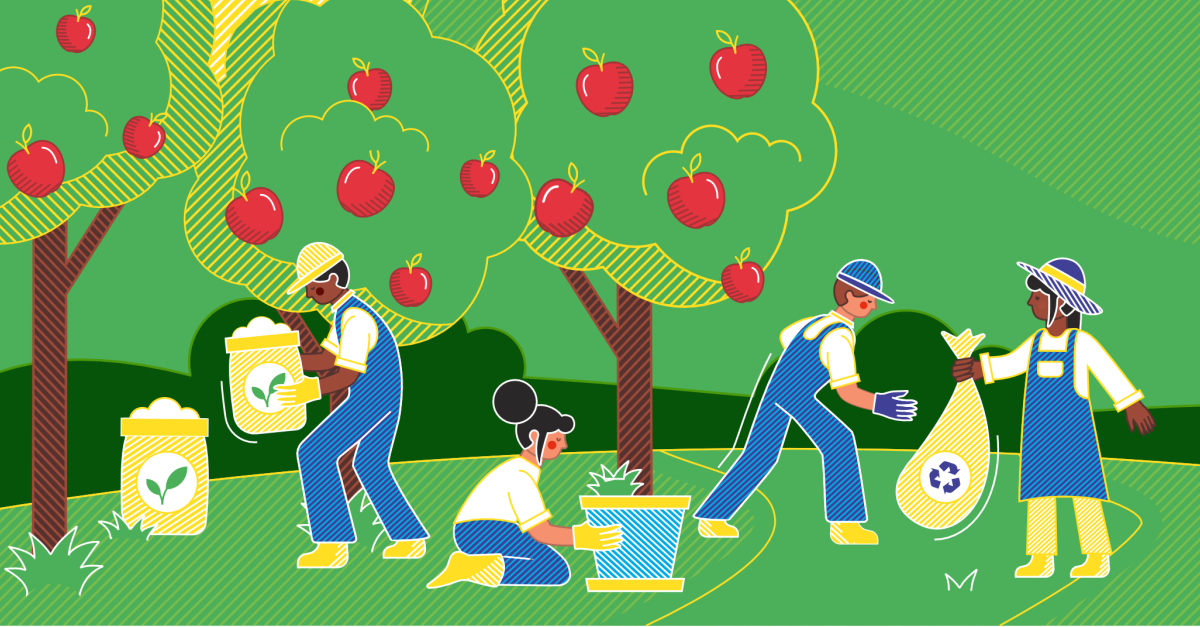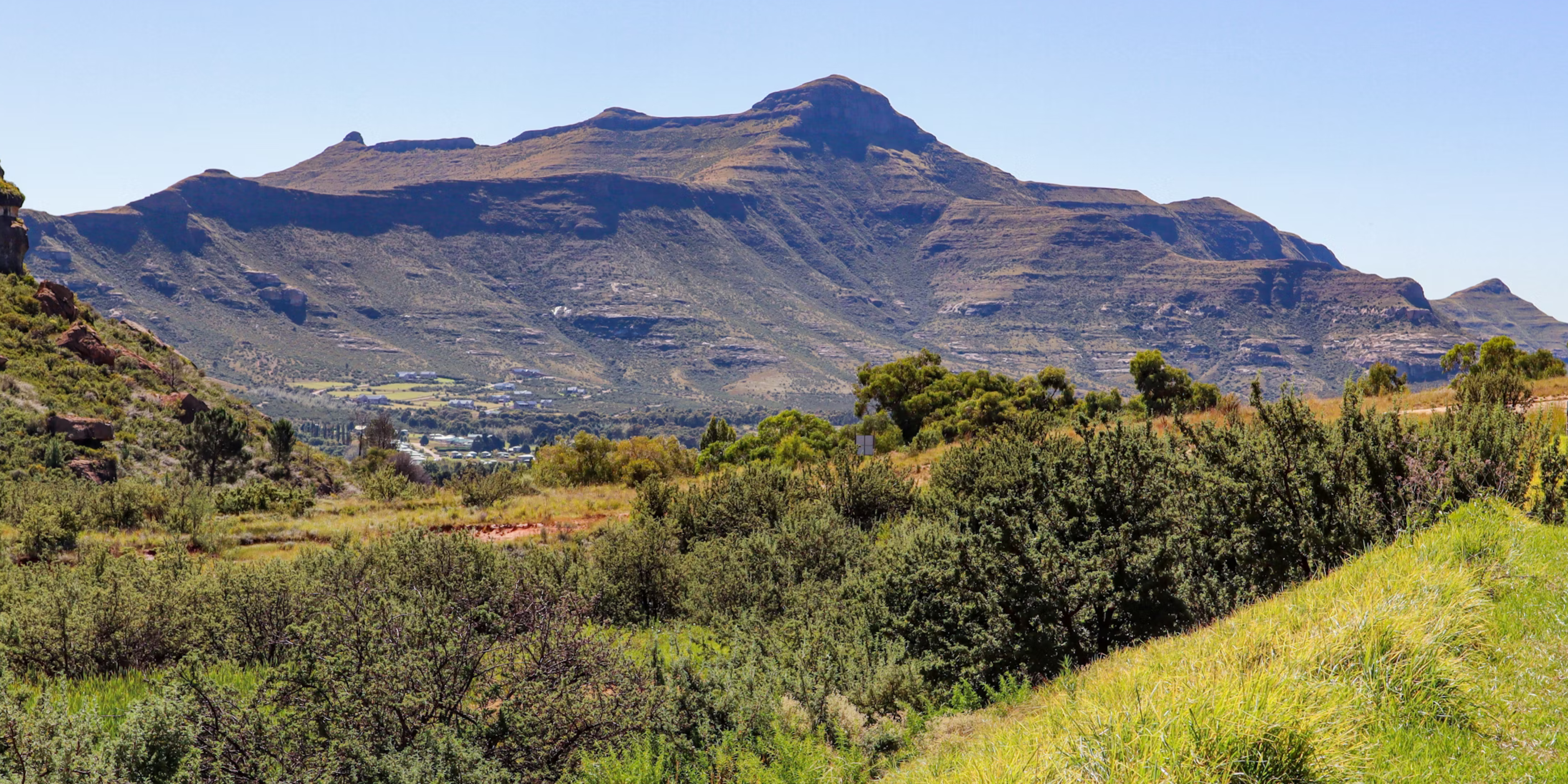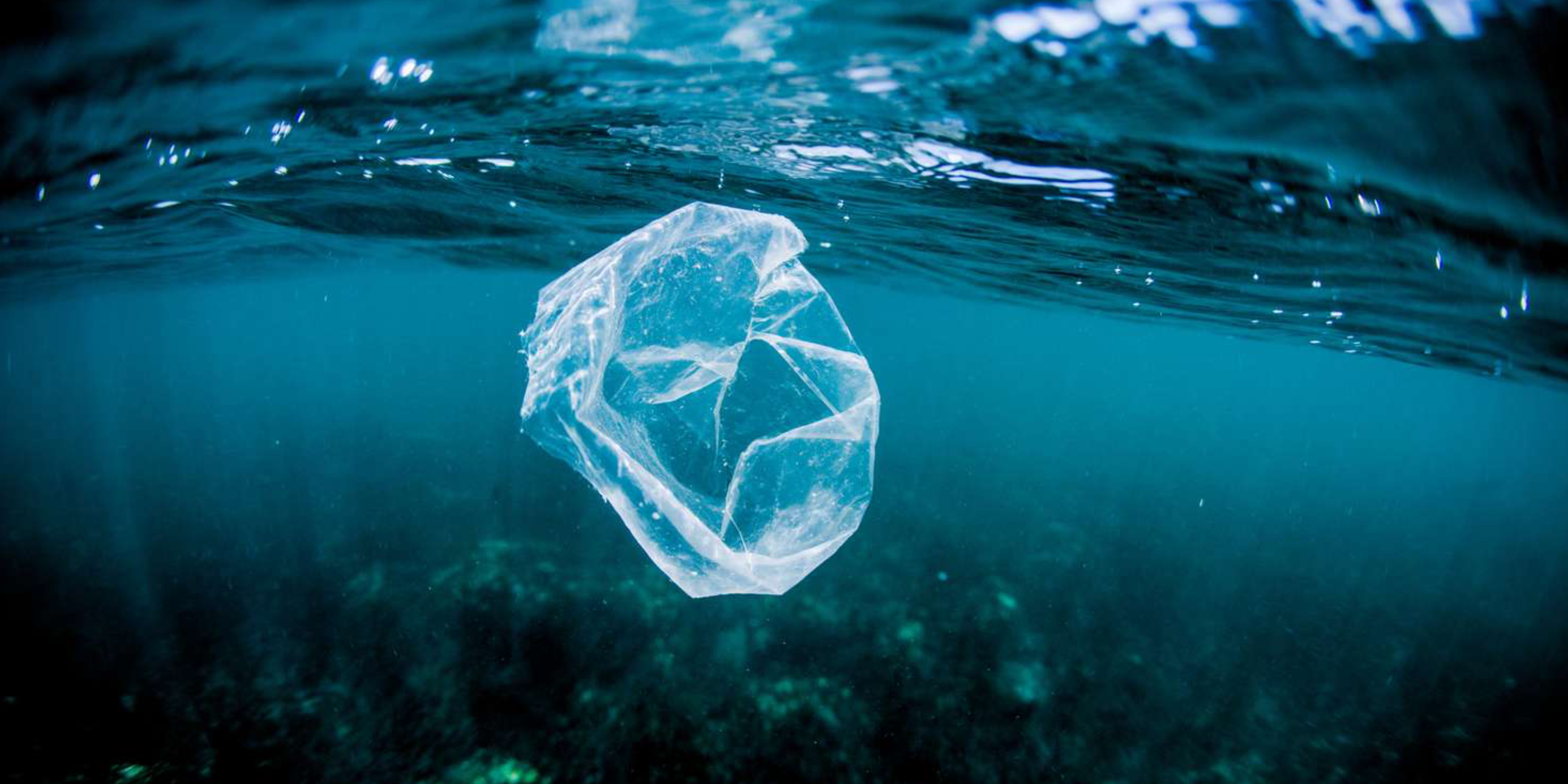Once upon a time in Africa...
We took care of our planet
“At least 40% of the world’s economy and 80% of the needs of the poor are derived from biological resources. In addition, the richer the diversity of life, the greater the opportunity for medical discoveries, economic development, and adaptive responses to such new challenges as climate change.”
The Convention about Life on Earth, Convention on Biodiversity web site.
Biodiversity is the scientific term for the variety of life on Earth.
Every living thing, including humans, is involved in a network of co-dependent relationships, which are called ecosystems. We need our ecosystems, as they not only clean our water, purify our air, maintain our soil, regulate the climate, recycle nutrients, but they provide us with food. Furthermore, well nurtured biodiversity provides raw materials and resources for medicines and other purposes. It's what has been termed our ‘natural capital’.
However, the challenge for Africa is that it is estimated that by 2100, climate change could cause the loss of over half of African bird and mammal species, as well a 20%–30% decline in the plant and animal life produced by the lakes on our continent, which of course also means a significant loss of plant species.
In fact, the negative impact we have made is astounding. Our biodiversity is declining at a rapid pace, and while climate change is currently dominating global agendas – the losses we are experiencing in our biodiversity - is just as relevant and important.
We already know that the main causes of biodiversity loss can be attributed to the influence of human beings. With the over exploitation of our natural resources and our ongoing need to extract, create, build and grow each year, we are steadily diminishing animal and plant species. Humans have become excessive – we are over hunting, overfishing, over logging, over dumping and over mining - all of which accumulates in biodiversity losses – many of which may never recover.
The problem is that this loss of biodiversity affects livelihoods, water supply, food security and lessens resilience to extreme events, particularly for people living in rural areas who rely on these natural resources to survive.
But we can be part of the solution – there are steps we can take which will have an impact – and a big one. And for us its starts with proper waste management and recycling.
But this means that we must change our behaviour from the ‘throw away culture’ to a more circular approach - where we try to eliminate waste, wherever possible, or reuse, recycle and recover our waste for alternate purposes. We are advocates of a circular economy – as we believe it offers many opportunities to deliver on more job opportunities as well as positive environmental practices.
The concept? Reduce all unnecessary waste materials and rather allow these materials, energy, and resources to be ‘fed’ back into the cycle. For example, the drive to divert waste from landfill has directly resulted in waste disposers or management companies merging into reprocessing industries. This means that manufacturers today, now must rethink how they design their products - as well as the type of resources they use to make their goods and products of today – so that they can (re)become raw materials of tomorrow.
Additionally, in cases where recycling and reusing is not possible – such as with food and other waste that cannot be safely repurposed for consumption – we are seeing growth in safe destruction facilities, composting, bioremediation as well as waste-to-energy solutions, all of which reduce the burden on landfill airspace.
However, we still need to instil a complete culture change towards ‘giving back to the system’ to avoid potential crises and ensure we build towards a resilient and sustainable future in Africa.
Just by merely taking recycling, reuse, repurposing – seriously – whether it be in our homes or through larger initiatives - we can make a real effort in restoring and supporting the earth’s natural habitat and biodiversity.
Remember
“we don’t inherit our land from our parents, we borrow it from our children,”.



SUBMIT YOUR COMMENT